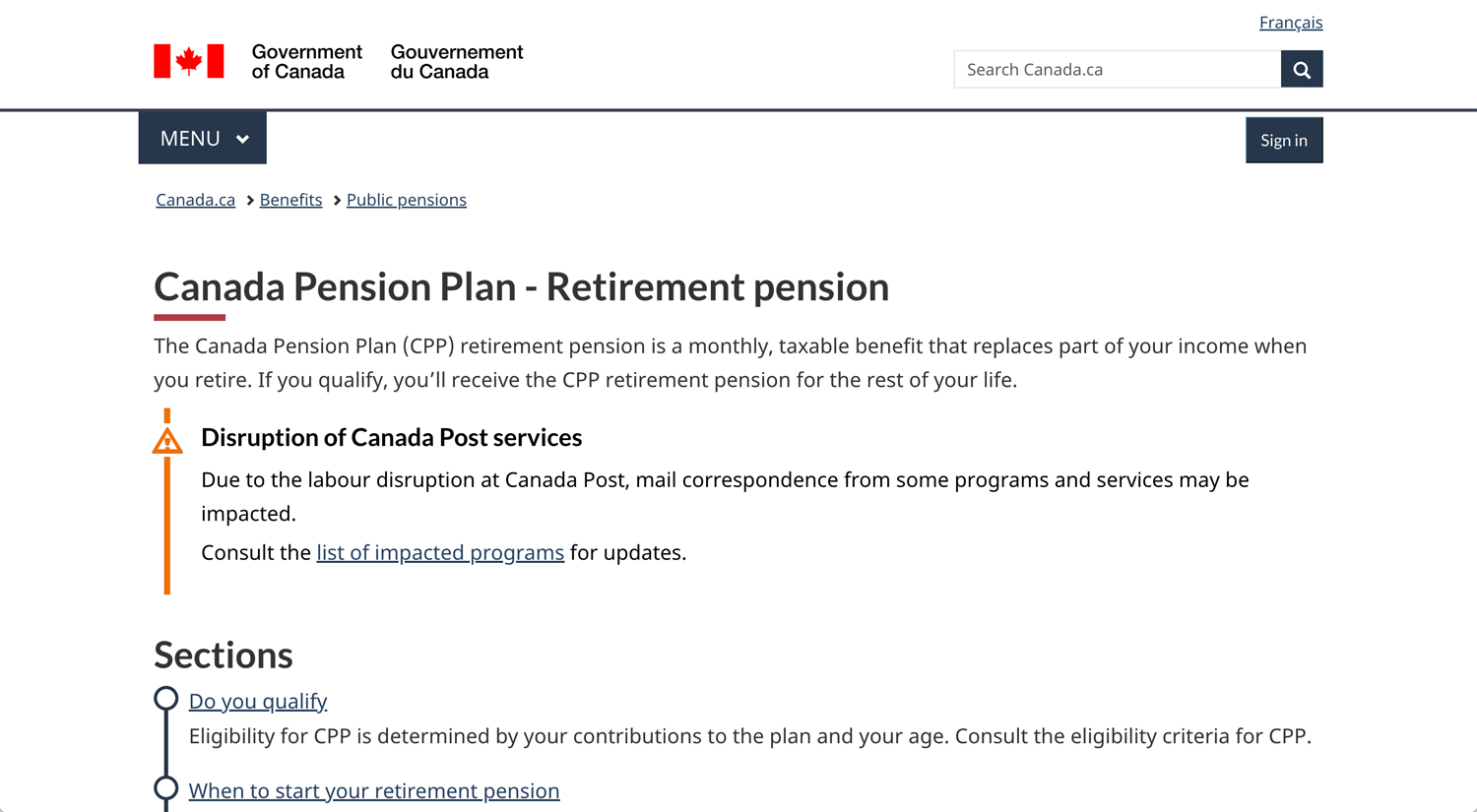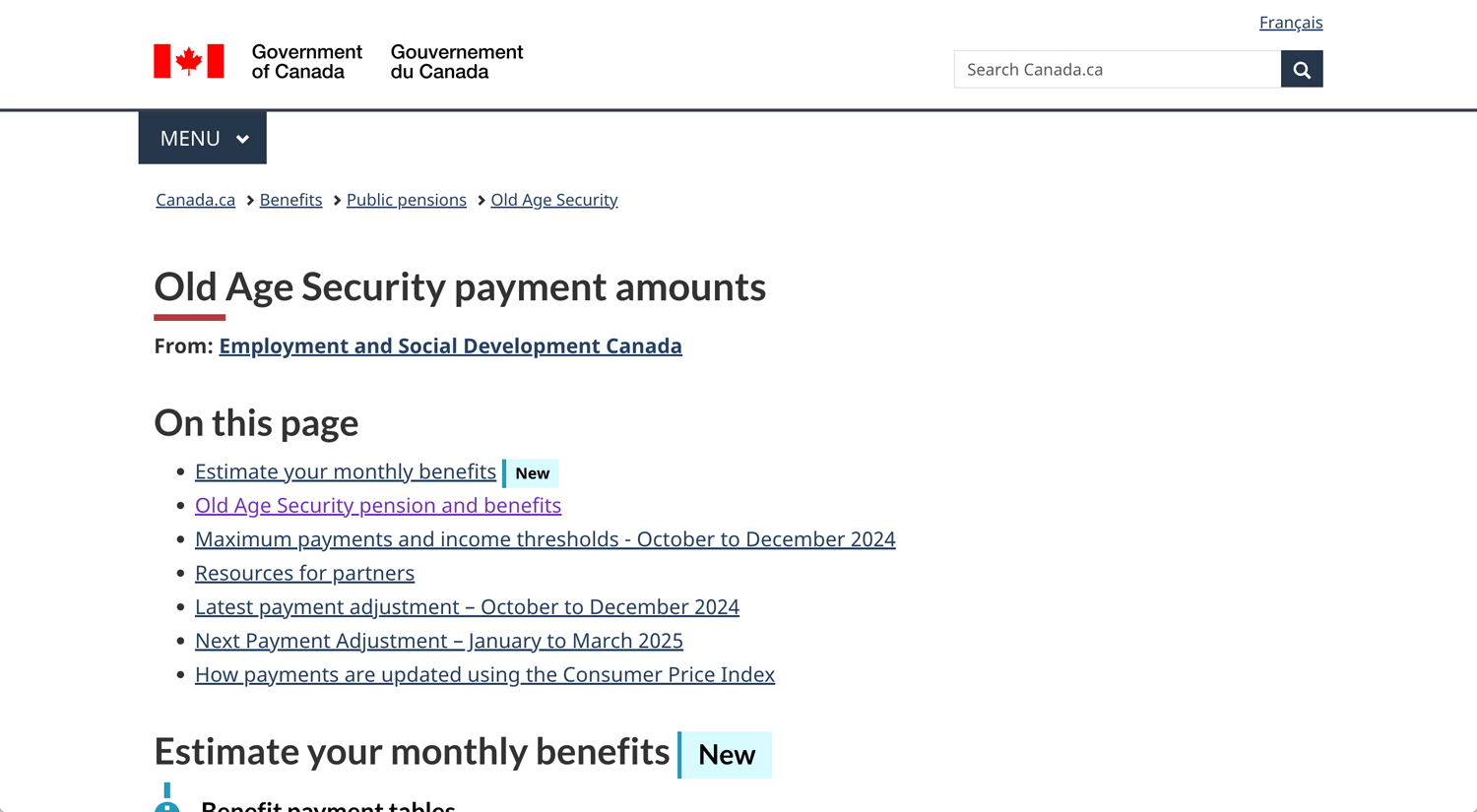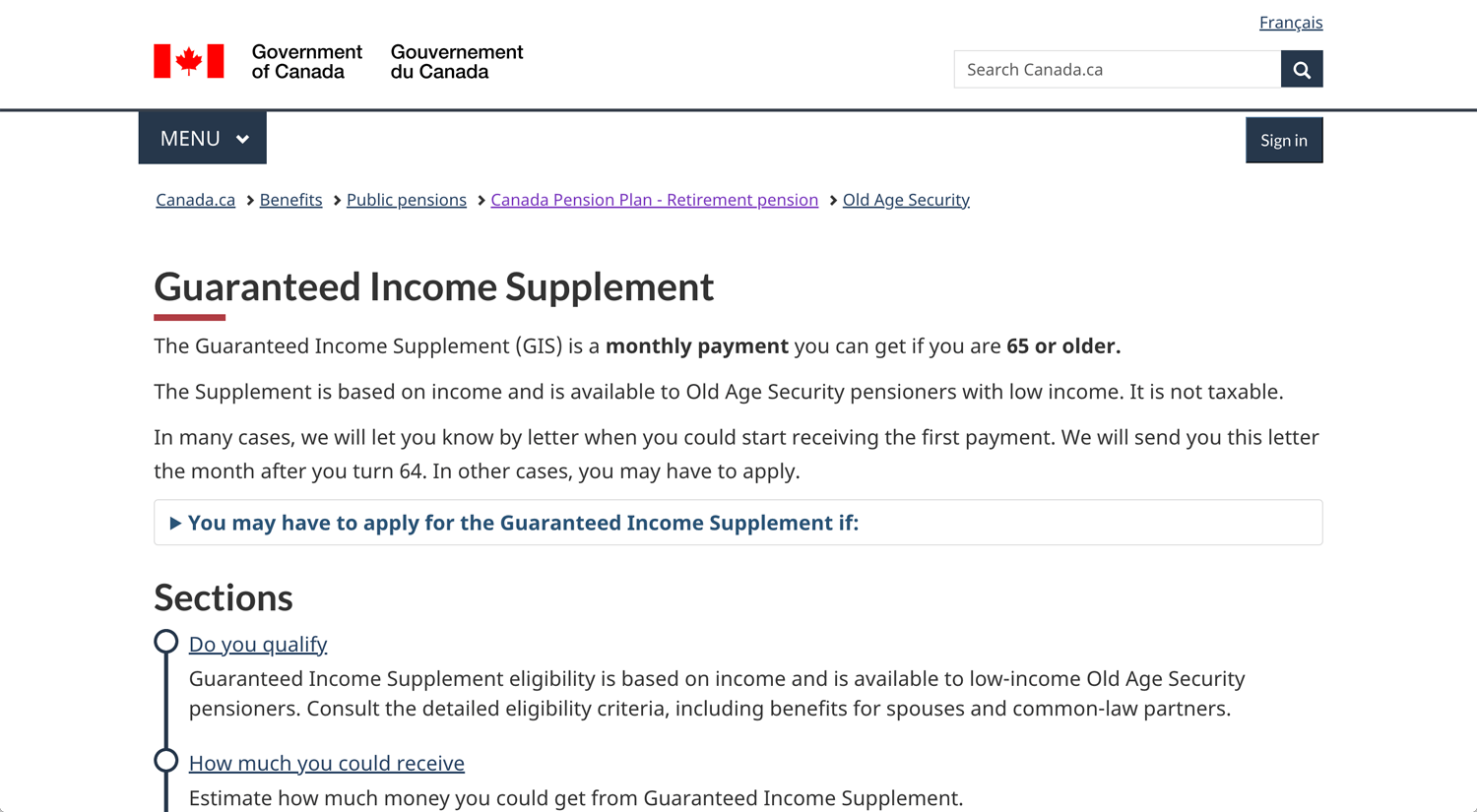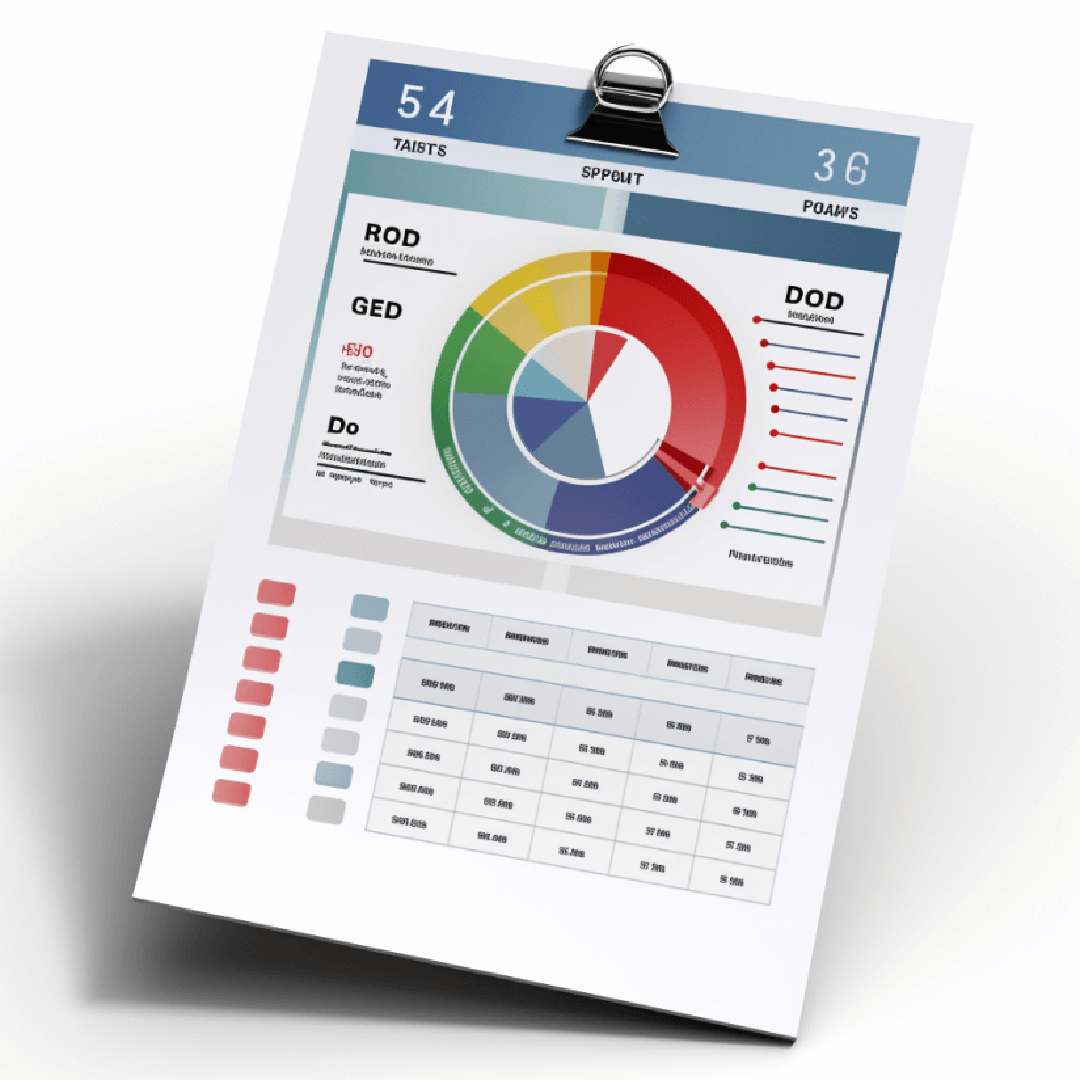Story: Pension Plan
Once you turn 40, you may start thinking about your next career move and begin planning for life after retirement. Most countries have some form of pension plan for their citizens, but what happens if you immigrate to another country, like the United States or Canada, after worked own country for a while? This situation isn’t unique to North America—many people immigrate to these countries and contribute to their economies.
As a freelance web or graphic designer, I pay taxes every year, but I wasn’t sure if I was eligible for a pension plan. Curious, I decided to research the Canada Pension Plan (CPP), who qualifies for it, and how to apply.
Canada Pension Plan – Retirement pension
The Canada Pension Plan (CPP) is a government-run program that provides retirement, disability, and survivor benefits to individuals who have contributed during their working years.
General Eligibility for CPP Retirement Pension:
- Age: Must be at least 60 years old to start receiving benefits.
- Contributions: Must have made at least one valid contribution to CPP during your working years.
- Residency: Contributions can be made regardless of citizenship or residency, but the plan is tied to Canadian employment income.
Self-Employed Eligibility:
- Must pay both employee and employer portions of CPP contributions (11.9% of net income).
- Contributions are required on annual net self-employment income exceeding $3,500.
Other CPP Benefits Eligibility:
- Disability Pension: Must have a severe and prolonged disability and have contributed to CPP recently.
- Survivor’s Pension: Available to the spouse or common-law partner of a deceased contributor.
- Children’s Benefits: Available to dependent children of deceased or disabled CPP contributors.
*For the Canada Pension Plan (CPP), your eligibility is based on contributions, not residency. There is no minimum residency requirement for CPP benefits. You simply need to have worked in Canada and made at least one valid contribution during your working years.
Key Points:
- Eligibility: Anyone aged 18+ earning over $3,500 annually must contribute.
- Self-Employed: Pay both employee and employer portions (total: 11.9% of income).
- Benefits: Monthly income after retirement, disability support, and benefits for your family in case of death.
- Application: Not automatic; you must apply when eligible, usually at age 60 or later.
*According to my research, even though we can never predict when we will pass away, it’s advisable to wait until at least age 65—and ideally, 70 if possible—before starting to collect CPP benefits. If you live longer, it will pay off so much.
CPP ensures financial support in retirement or during unforeseen life events.
EVERYTHING You Need To Know About Government Pensions – CPP, OAS, GIS | Retirement In Canada
©Beavis Wealth
CPP
- Monthly pension
- Lifetime
- Taxable
*Must have contributed to the plan (5.45%)
- Maximum: around $1,200 per month, $14,000 per year
- Average: around $600 per month, $7,200 per year
*It depends on how long you contribute to CPP (Maximum 39 years)
*Example: 18-65 = 47 years (low-income years (8 years) will be reduced automatically.)
*Child rearing (must request)
*Disability (must request)
- Age 60 to 65, 0.6%/mo decrease. (rest of life)
- Age 65 to 70, 0.7%/mo increase. (rest of life)
OAS
- Eligible to PR/Canadian citizen
- Live in Canada for 10 years
- Lived in Canada for 20 years if you are out of the country
- 40 years = 100%, 20 years = 50%
- Taxable
- Enrollment is automatic
- Must live in Canada
GIS
- Must receiving OAS
- 65 or older
- Not taxable
KEY Details About Canada’s Government Pensions: CPP, OAS & GIS | Retirement in Canada
©Well Built Wealth
This is the same topic. I do not quickly trust information from a single source. I need to evaluate it, especially since English is not my first language. Therefore, I watched several videos and compared the information they provided.
How much will you get CPP?
- How much did you put in?
- How long did you contribute?
- When do you plan to take it?
Old Age Security payment amounts
The Old Age Security (OAS) pension provides income support for retirees aged 65+ who meet residency requirements.
Key Points:
- Age: Must be 65 years or older.
- Residency: 10 years in Canada after age 18 for partial benefits. / 40 years for full benefits.
- Legal Status: Must be a legal resident at the time of application.
- Outside Canada: Eligible if you’ve lived in Canada for 20+ years after age 18 or qualify through a social security agreement.
- Income: High earners may face a clawback on benefits.
- Application: Must apply; it is not automatic.
Guaranteed Income Supplement
The Guaranteed Income Supplement (GIS) is a non-taxable monthly benefit provided to low-income seniors who are receiving the Old Age Security (OAS) pension. It aims to ensure a minimum income for eligible individuals.
Eligibility Criteria:
- Age: Must be 65 years or older.
- Residency: Must reside in Canada.
- OAS Pension: Must be receiving the OAS pension.
- Income Thresholds:
Single, Widowed, or Divorced: Annual income must be below $22,056. - Married or Common-Law Partner:
If your spouse/common-law partner receives the full OAS pension, combined annual income must be below $29,136.
If your spouse/common-law partner does not receive an OAS pension, combined income must be below $52,848.
If your spouse/common-law partner receives the Allowance, combined income must be below $40,800.
Conclusion: How do we know CPP?
I searched for CPP when I started thinking about the pension system in my country. I hadn’t heard about it in over 10 years—no one mentioned or told me about it. One reason I didn’t know about CPP is that I’m uncertain how long I’ll stay in Canada. When I came here in late 2012, I had no plans to stay permanently. Even now, I don’t know when I’ll leave Canada or where I’ll be when I retire. I still don’t have an answer to that.
When I started freelancing, I inquired about the taxes I needed to pay and have been following those guidelines for 8 years. I plan to find a reliable accountant to ensure everything is up-to-date. I am not focused on reducing taxes; instead, I see it as my duty to earn and pay accordingly.
I have to contribute to Canada while I am living in the country.



